With a radical shift to remote learning, teachers and counselors now, more than ever, may need new and different ways to help students build career awareness. To support them, the Consortium has launched Career Journeys, a series of videos that look at different occupations.
“The series represents one of the ways we can continue helping schools ensure that students are future ready when they graduate,” said the Consortium’s Executive Director Mary Kay Babyak. “While the current crisis has prevented young people from making face-to-face connections with employers, we are excited to provide them with insight into a wide variety of careers and pathways through these videos. We hope they’ll fill an important niche and give teachers and counselors one more tool to enhance student learning.” 
The series consists of informal conversations filmed with people in different occupations spanning a variety of industries. Only a handful of interviews are available so far, but over the coming months, we hope to build a library addressing many interests and careers.
Aimed at middle and high school students, the videos “should be helpful in giving at least a glimpse into different careers,” said Debbie Pixton, who is directing development of the series. “The intent is providing enough information for students to decide if they’d like to learn more. Each video gives a 10-minute look into a career from the invaluable viewpoint of an insider.”
Educators can use the videos to stimulate class and small group discussions or as springboards to written reflections that the state requires to document career awareness. The videos also can be used to show the relevance of different academic disciplines in different careers. On the webpage that houses the videos, teachers and counselors can link to support materials for other possible activities.
Although the Consortium launched the series to provide support for career learning while schools are closed, the collection is expected to have value after normal classes resume and will continue to expand.
“In our conversations, educators have been enthusiastic about using them during a more traditional school year to build out a career education curriculum,” Pixton said.






